25 Ways the Coronavirus Has Upended the Auto Industry Across the Globe
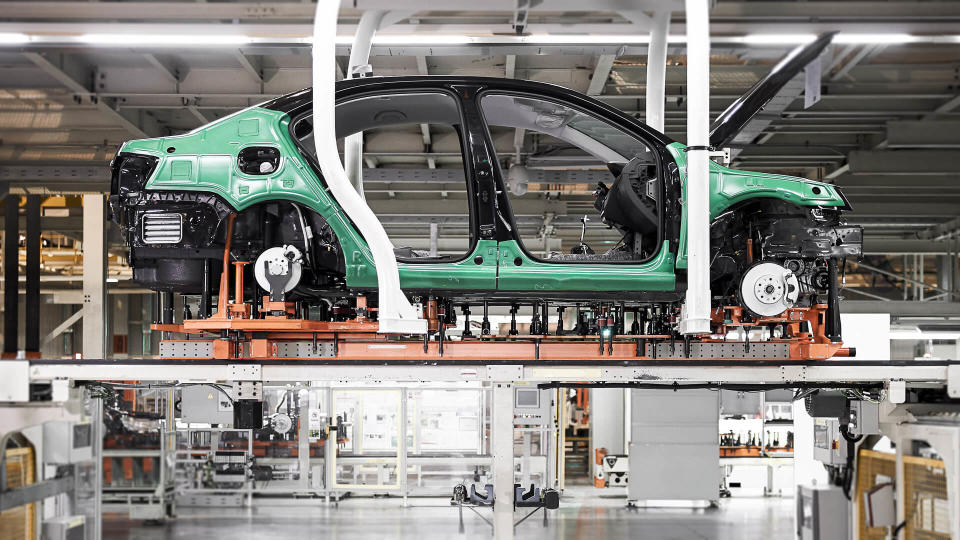
As soon as news broke that life would be put on pause to battle the novel coronavirus, nearly every industry was affected. The automotive market in particular -- both on the production and purchasing sides -- had to alter its mode of operations almost entirely.
Drive: 30 Cars Worth Splurging On
More: The Most Expensive Car Repairs That Will Make You Want To Sell
Now, with plants and auto dealerships reopening, the world is witnessing the future of the car production and purchasing process. Discover the ways in which the industry has and continues to change.
Last updated: Oct. 26, 2021
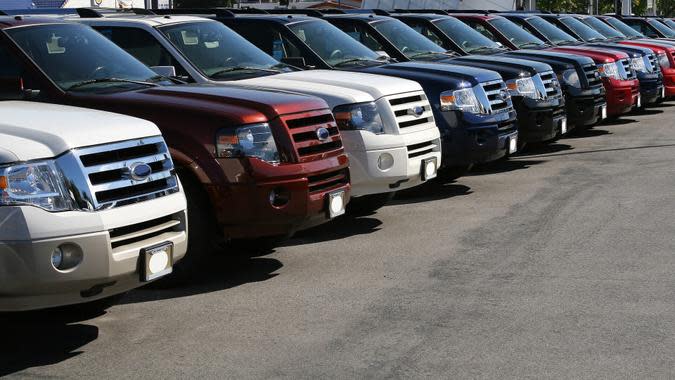
Car Sales Will Decrease Globally
Globally, the auto sector already experienced a downturn in 2019 -- and the coronavirus has only made it that much more difficult for the industry to recover. According IHS Markit, it is estimated that global automobile sales will decline by about 22% overall this year.
Initially, the disruption in supply and manufacturing hindered the industry significantly. Now, the decline in demand has led to uncertainty regarding its recovery.
Find Out: Cost To Own a Car for a Year in Every State

A Decrease in Car Rentals Will Contribute To an Increase in Used Car Supply
The car rental industry was immediately impacted when the coronavirus restrictions were put into place. With two-thirds of car rental businesses coming from airport locations, and air travel being down 94% during the lockdown, far fewer people needed to rent cars.
The used-car market is getting flooded with cars being sold earlier than planned by car rental companies -- most notably by Hertz, which recently filed for bankruptcy. This is suppressing new car purchases because there are so many late-model vehicles in good condition at lower-than-book prices.
Learn More: What To Do If Your Car Is Repossessed

Decreased Car Rental Demand Will Decrease New Car Production
While the used-car market is being flooded, the production of new cars will, in turn, slow down. These same car rental companies -- which have filed for bankruptcy or have had business demand decrease significantly -- are having to cancel orders for new cars.
The car rental market makes up a significant amount of annual new car purchases. For example, CNN reported in March that Avis planned to cut their new car purchases for the remainder of the year by 80%.
Repairs: The 29 Biggest Car Mistakes That Will Cost You

Supply Disruptions Will Slow Auto Production
When automakers began reopening plants in mid-May, the plan was simple: Implement safety measures and bring workers back in shifts. What companies did not anticipate, however, was stopping again -- thanks in part to parts supply shortages.
Many automakers have already had to suspend production because most car components are manufactured in Mexico -- where production was halted until June 1.
Smart Buys: 15 Great Cars To Own for More Than 15 Years
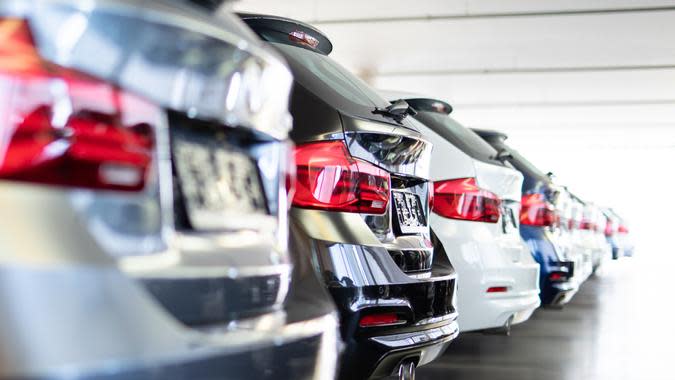
Launches of New Car Models Will Be Delayed or Postponed
When auto production plants were forced to cease operations, those producing the newest models were sidelined. Several automakers had plans for launching new models -- the new Chevy Bronco, the 2020 Chevy Corvette and Lincoln’s electric truck, to name a few.

Popular Models Will Be In Short Supply
Due to disruption in supply chains and plant closures, the production of new models ceased almost immediately. This has led to a shortage of some vehicles sold in the U.S. -- naturally, the popular models.
That said, while car demand has decreased overall, Americans are still in the market to buy high-end, full-size pickup trucks.

Production Will Continue To Stall as Reinfections Occur
As it currently stands, there is no vaccine or cure available for the coronavirus. Hence, while states continue their aggressive reopening plans and car manufacturing facilities ramp up their production, the risk of spreading the virus has increased. Two weeks after the Ford plant reopened, for instance, operations were halted after two employees tested positive.
Car manufacturers will have to continue making the health and safety of their employees a priority -- especially since it affects their bottom line.

More of the Buying Process Will Be Done Online
"I think we’re going to continue to see that buying from home will increase in adoption from a customer standpoint, simply because this is the new reality that we are facing," said Eric Lyman, chief industry analyst at TrueCar.
Even before the coronavirus pandemic, 80%-90% of vehicle shoppers were doing at least some of their research online, Lyman said. Now consumers can do everything from researching to actually making the purchase straight from their homes -- and many more likely will.
Best of the Best: The Most Reliable Car Brands on the Road

Buyers Will Secure Financing Online, Too
Many shoppers had already been doing comparisons and research online while car shopping, but now some are completing the entire buying process completely remotely.
"We have added additional digital retailing tools to our websites that allow a customer to go as far in the purchase process as they would like from the convenience of their own home," said Aaron Zeigler, president and owner of Zeigler Auto Group. "These tools are tied in with our lenders, and we can even secure financing and provide bank contracts for electronic signatures remotely."

Sales by Phone Will Also Increase
Zeigler said that in addition to an increase in online car shopping, he has also seen an uptick in shopping by phone at his dealerships, which he believes will stay consistent after the pandemic.
"Before the stay at home orders, our phone and internet sales represented 48% of our monthly sales volume," he said. "Currently, phone and internet sales represent 76% of our monthly volume. With the tools we are currently offering, customers can minimize the time they spend in dealerships and maximize their enjoyment in buying a new vehicle."
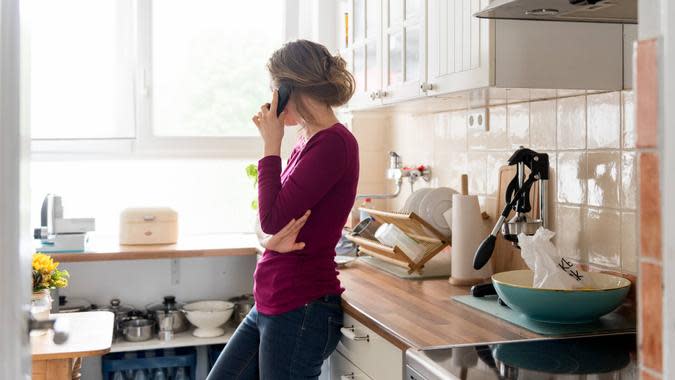
It's Now Easier to Comparison Shop
Instead of visiting multiple dealerships in person, car buyers have been finding the best deals by "visiting" dealerships online or speaking to sales associates on the phone.
"In many ways, that’s great for consumers, as they can get a great price on a new car by chatting with several dealerships without investing a huge amount of time and travel," said John Vincent, senior reporter for the U.S. News & World Report Best Cars team.
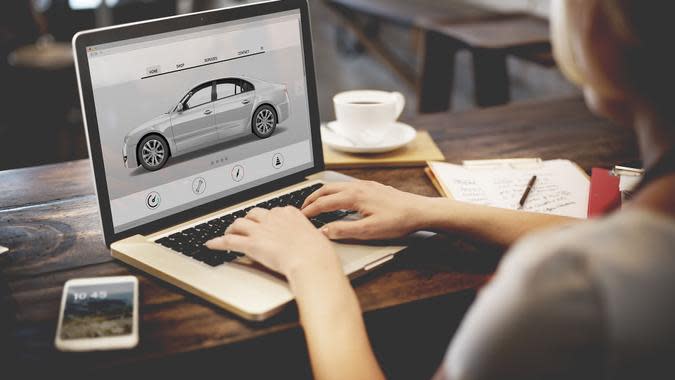
Dealership Websites Will Be More Robust
Before the pandemic, many dealership websites were pretty bare bones, requiring potential buyers to come see the inventory in person to really get all the details about a specific car on the lot.
"Dealerships are doing everything they can to make sure their websites look good and have all the necessary information," said Liz Jeneault, vice president of marketing at Faveable and an SUV reviewer on YouTube. "They realize people want a seamless experience when shopping for a vehicle online."
In addition to including more information, many dealerships are now including video tours of their vehicles.
"Car model videos are an easy way to inform people about a vehicle and also get them excited about it," Jeneault said.
If You're Buying: The 29 Biggest Car Mistakes That Will Cost You

Consumers Can Easily Shop Around for Financing, Too
With the financing process now largely happening online, consumers can shop around for lenders as well without leaving their homes.
"Consumers can cast a wide net to find the best deal on financing by talking to multiple lenders," Vincent said.
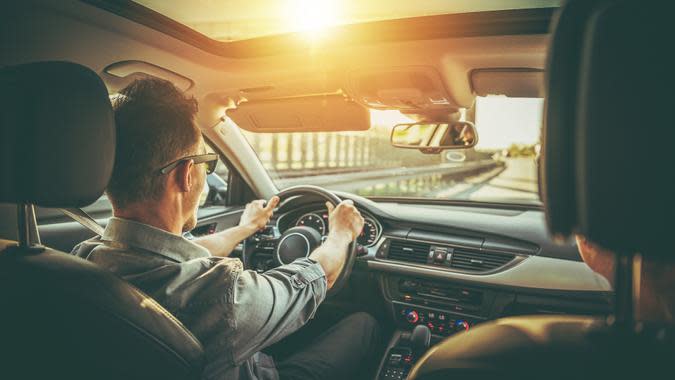
Auto Loan Terms Could Become Shorter
Georg Bauer, president and co-founder of the vehicle subscription app Fair, believes that vehicle subscription plans will become more popular as consumers start to veer away from long-term auto loans.
"Due to the financial uncertainty of this moment, we will see consumers wanting to stay away from the long-term commitment of a traditional auto loan and looking for flexible methods to pay for their cars," he said. "The six-year auto loan is unrealistic and unfair, locking people into long-term debt when their life will go through countless changes during that time. Vehicle subscriptions are a way for customers to get the car they want for as long as they want without being committed to it financially for years on end.”

Video Technology Could Replace In-Person Interactions
Meetings with salespeople, car walk-throughs and price negotiations are now all being done via video.
"Virtual reality and live broadcasts [have become a part of the car-buying process]," said Jessica Chase, vice president of sales and marketing manager at Premier Title Loans. "Our sales team has decided to use virtual reality, as we do not want our potential clients to be stuck on a static product page. Additionally, we are conducting live broadcasts to answer people's queries. Our representatives do this broadcast with the car nearby so they can demonstrate virtually what they would have shown them in-person."

Scheduling Appointments Could Become the Norm
To keep in line with social distancing guidelines, many dealerships that remain open are requiring prospective buyers to schedule appointments to come to see vehicles to ensure there are not too many people in the space at once. As consumers and dealers get used to this model of doing business, it could become the norm.
Read: Auto Expenses You Can Expect If You Haven’t Driven During Quarantine
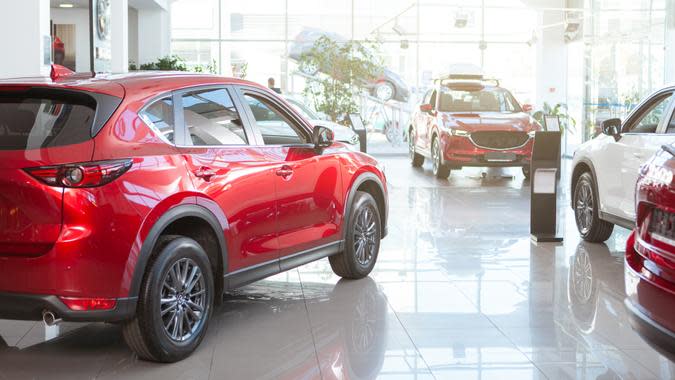
New Cleaning Routines Have Been Implemented That Will Remain in Place
At Zeigler's dealerships, a cleaning staff has been disinfecting showrooms on a 30-minute rotation. They have also upped their disinfecting of the cars themselves.
"We are using multiple products that can be applied directly in the climate control of our vehicles that kill 99.99% of bacteria and viruses for up to six months in the cabin," he said. "All of the services we are offering will be permanent."
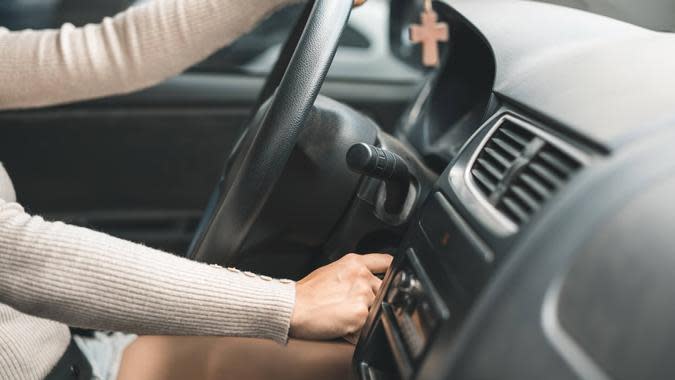
The Test Drive Will Come To the Consumer
You might never have to go to a physical showroom again.
"Any customer that does not want to come to the dealership, we will bring the car to them and sanitize it before the customer looks at it," Zeigler said.
He said he will continue to offer test drives outside the dealership even after the pandemic ends.
"We want to continue to provide next-level service, and many of the tools and processes we have implemented were action items that we had planned before the current situation," he said.
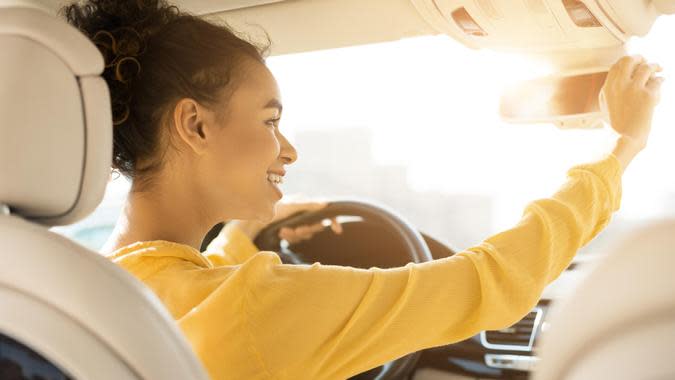
Test Drives Will Require More Trust
It's unknown when social distancing guidelines will be completely lifted, and as it stands now, a salesperson can't be with the customer in the vehicle as they are doing the test drive.
"You have to have a little bit of faith in humanity, that they’re going to take a nice, short, leisurely drive around the block to get the experience of the vehicle," Lyman said.
However, he doesn't think there is one clear solution for how test drives will be done going forward.
"I think it’s going to have to be a case-by-case decision by dealerships about how they tackle that, but it’s a key part that’s going to have to be reconciled," Lyman said. "There might not be a one-size-fits-all solution for every customer and every dealer."

Price Negotiations Will Be Less Stressful
"The biggest fear many car shoppers have is having to endure a long face-to-face negotiation process with a salesperson," Vincent said. "With online buying, it’s much less stressful -- plus all of the back and forth is documented in emails."
Own or Lease?: 15 Great Cars To Own for More Than 15 Years
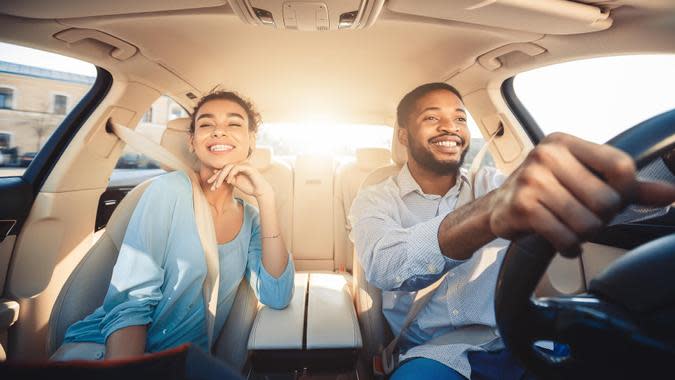
The Whole Buying Process Will Be Shorter
The average consumer spends three hours at a dealership when buying a car and rates the time it takes to buy a car as the least satisfying part of the car-buying process, a 2019 survey by Cox Automotive found. If consumers do more of the legwork online, it's likely the time spent at the dealership will be much shorter.
“Customers have always wanted quicker interactions, and now, the change is accelerating exponentially," Rhett Ricart, CEO of Ricart Automotive Group, told USA Today.
According to Axios, what used to be a three- or four-hour process can now be condensed into a 15-minute online process.
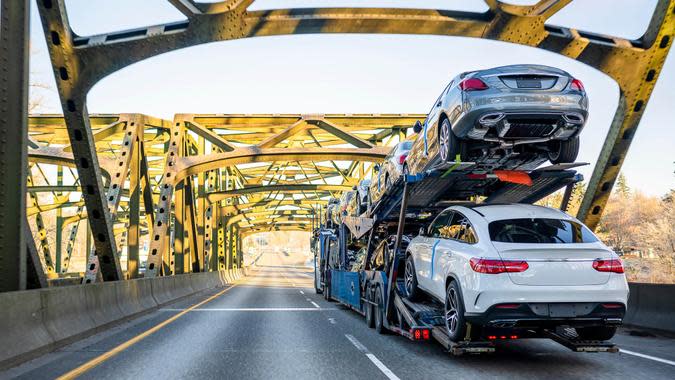
Dealers Will Offer At-Home Delivery of Purchased Cars
Test drives are not the only service that is now coming directly to the buyer.
"For consumers who are interested in buying a car right now, they're most likely noticing that dealers are offering more and more services that typically would take place at the dealership at their home," said Zach Shefska, founder and CEO of Your Auto Advocate. "For example, dealers are offering at-home delivery for any new purchase."
Shefska believes this service will be a permanent fixture in the car-buying process.
"As customers get a taste of what purchasing a car without going to the dealer feels like, many won't want to go back to how things used to be," he said.
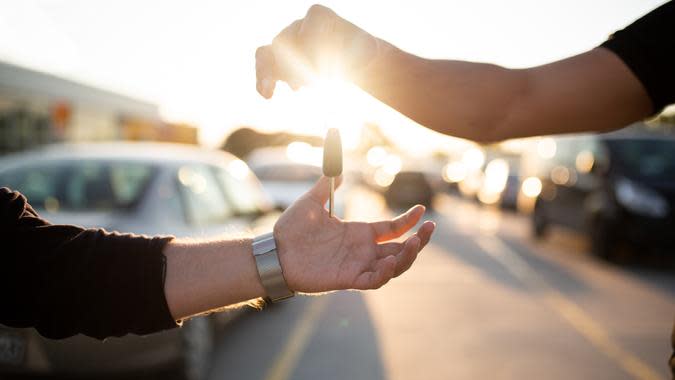
Consumers Will Want To Be Able To Return Cars That Don't Meet Their Expectations
"Most consumers feel like there’s a finality to the transaction once you sign that last signature," Lyman said. "I think we’ll start to see more demand for [the ability to return a vehicle], especially in an environment where there’s touchless purchasing and online delivery."
This could be especially useful for customers who purchase used vehicles.
"Each one is a unicorn because they have their own wear and tear, they have their own maintenance, etc., whereas new vehicles are largely uniform," Lyman said. "I think a key adaptation here is going to be around what to do when a customer has a vehicle in their driveway that they bought online and they feel it doesn’t live up to expectations. It’s going to be different dealer by dealer and state by state, but I think it’s something that will increasingly come up."
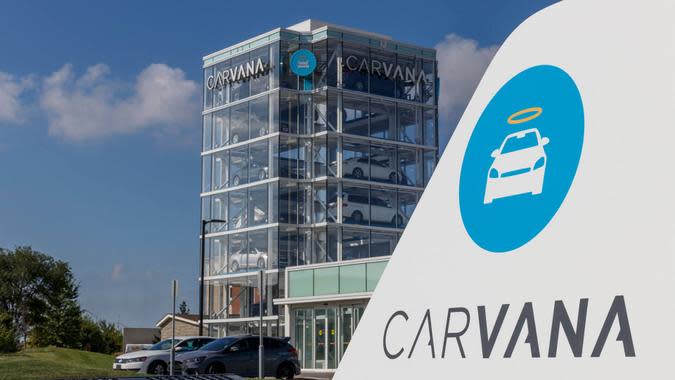
The New Car-Buying Process Will Have To Catch Up With the Way People Buy Used Cars
"In many ways, the car-shopping-and-buying process has not changed much over the last century, much to the chagrin of consumer activists, government regulators and the car-buying public," said Richard Reina, automotive expert and product training director at CARiD.com. "While the new car experience has remained mired in the 1950s, the used car shopping adventure has taken more advantage of the World Wide Web. Third-party online car retailers such as Carvana and AutoTrader have a leg-up, as they have already been executing the entire sale process online and have been making use of the digital customer service experience. If there is a silver lining to the coronavirus, it’s that it may finally force the traditional old-school car dealer into a permanent switch which embraces an online shopping experience, to the delight of the consumer."
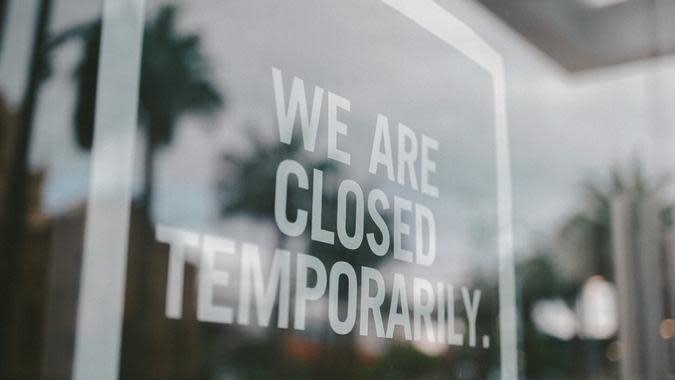
Dealerships That Don't Adapt Will Likely Close
Buyers who favored smaller dealerships or mom-and-pop shops might be out of luck by the end of the pandemic. Not all dealerships will be able to implement and adapt to the new technological demands from consumers, which will lead to consolidations and buyouts from larger dealer groups, Axios reported.
More From GOBankingRates
Get at Least $800 in Value from this Credit Card Signup Bonus
Social Security Benefits Might Get Cut Early -- What Does It Mean for You?
This article has been updated with additional reporting since its original publication.
This article originally appeared on GOBankingRates.com: 25 Ways the Coronavirus Has Upended the Auto Industry Across the Globe

 Yahoo Finance
Yahoo Finance 